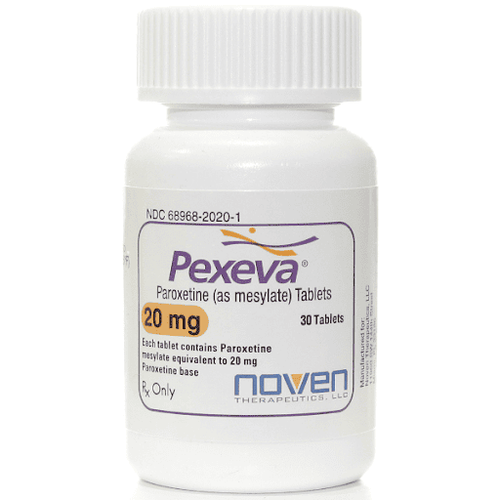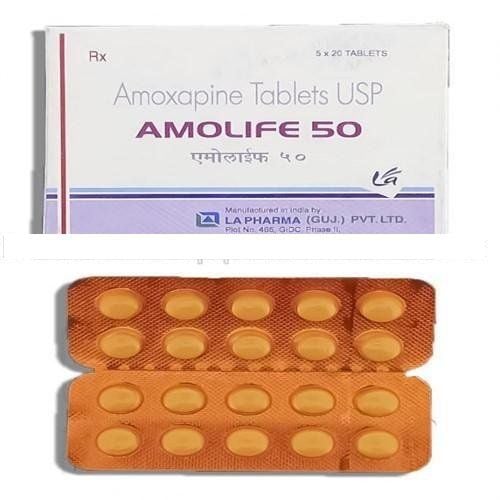This is an automatically translated article.
Posted by Pharmacist Duong Thanh Hai - Vinmec Times City International General Hospital
Sedatives are a group of drugs that slow down the brain's activity, creating a feeling of relaxation, so they are often used to treat anxiety and sleep disorders. This is a group of drugs that are easily abused and must be prescribed by a doctor. When drugs are used inappropriately, serious complications or dependence and addiction can occur.
1. Sedative drugs that induce sleep
The group of sedatives that cause sleep is often divided into 3 types according to their chemical structure, including:
Benzodiazepines: are quite familiar sedatives because they are often used. Commonly used active ingredients are diazepam, bromazepam, clonazepam with some common trade names such as Seduxen, Valium, Lexomil, Rivotril... Barbiturate: are phenobarbital drugs (Gardenal), pentobarbital (Nembutal). This drug is now rarely used for sedation and sleep because it has more unwanted effects. However, this type is still used for anticonvulsant or anesthetic purposes. “Z-drugs”: zolpidem (Stilnox, Ambien), eszopiclone (Lunesta), zaleplon (Sonata). It is the preferred drug for sleep disorders because of its sedating effect and the rare occurrence of addiction and withdrawal symptoms upon discontinuation of the drug.
2. What are the effects of sedatives to induce sleep? When to use?
Sedatives usually act on the brain through a neurotransmitter called GABA, which stands for gamma-aminobutyric acid. GABA has the effect of reducing central nervous system activity. Although sedatives have different modes of action, the ultimate goal is to increase GABA activity and induce relaxation. Therefore, at the right dose levels, these drugs will be beneficial in people with anxiety, stress or sleep disorders. Sometimes, some drugs in this group are also used for anesthesia, anticonvulsants, pain relievers, muscle relaxants...
3. What should be noted when using sedatives to induce sleep?
Sedatives that induce sleep are easy to abuse and should only be used by prescription.
During the first few days of using the drug, the patient may feel lethargic, unsteady, doze off, and have difficulty concentrating. However, these symptoms should subside over the next few days.
When using sedatives to induce sleep, the central nervous system will slow down. During this time, the patient should avoid activities that require high concentration such as driving or operating machinery. To avoid possible dual effects, the concomitant use of hypnotic sedatives with other CNS depressants, for example, certain analgesics or antiallergics should be avoided. Do not drink alcohol while taking the medicine.

At low doses, the drug alleviates stress and anxiety, but when the dose is higher, some harmful effects may be encountered such as: blurred vision, slow breathing, slurred speech, decreased cognition. An overdose of sedatives can cause coma, loss of consciousness, and death. Especially children or the elderly. Children born to mothers who take long-term tranquilizers can also experience problems with breathing, eating, fussiness, or sleep disturbances.
After taking the drug for a while, the patient may become addicted to the drug and need to use a higher dose to achieve the same effect as before. However, patients should not increase the dose on their own, but should inform the doctor that the drug is no longer effective. At this time, the doctor will advise, choose and adjust the drug accordingly.
With prolonged use (usually more than 10 days), dependence and addiction can occur - a common risk of most sedating drugs.
Drug dependence is when your body begins to depend on a drug, or you may need to take higher doses to achieve the desired sedative, sleep-inducing effects. Stopping the drug can affect your physical and psychological health. Sedatives that cause sleep slow down the brain's activity, so when the drug is stopped, the brain may overreact, leading to withdrawal symptoms such as seizures, restlessness, anxiety, and restlessness. even severe complications or death with some drugs. The duration of withdrawal symptoms and the severity of each drug are different. With short-acting drugs, withdrawal usually occurs early while long-acting drugs appear later. Therefore, patients should not stop taking the drug suddenly, if they want to stop taking the drug, it is necessary to gradually reduce the dose over time under the advice of medical staff.

Addiction means the feeling of wanting to take a drug even when the drug is ineffective, even harmful, and interferes with daily life or work. Once addicted to the drug, the patient will find it impossible to quit. This is a problem that can last for years. To avoid this risk, the patient needs to use the drug exactly as prescribed, not arbitrarily buy more or increase the dose. It is necessary to inform the doctor about the type, dose, frequency, duration and circumstances under which the patient has used sedative-hypnotic drugs.
Anxiety and sleep disorders are very common conditions in this day and age. In addition to sedatives to induce sleep, patients should be treated by psychological relaxation measures, sleep hygiene or using herbs and herbal medicines such as lotus heart, passion flower, rotudin. ..
Please dial HOTLINE for more information or register for an appointment HERE. Download MyVinmec app to make appointments faster and to manage your bookings easily.









![[Vinmec - Q&A with experts] Number 01: The topic of insomnia (Part 2)](/static/uploads/small_20190717_084124_104504_mat_ngu_max_1800x1800_jpg_c043f33d6b.jpg)




